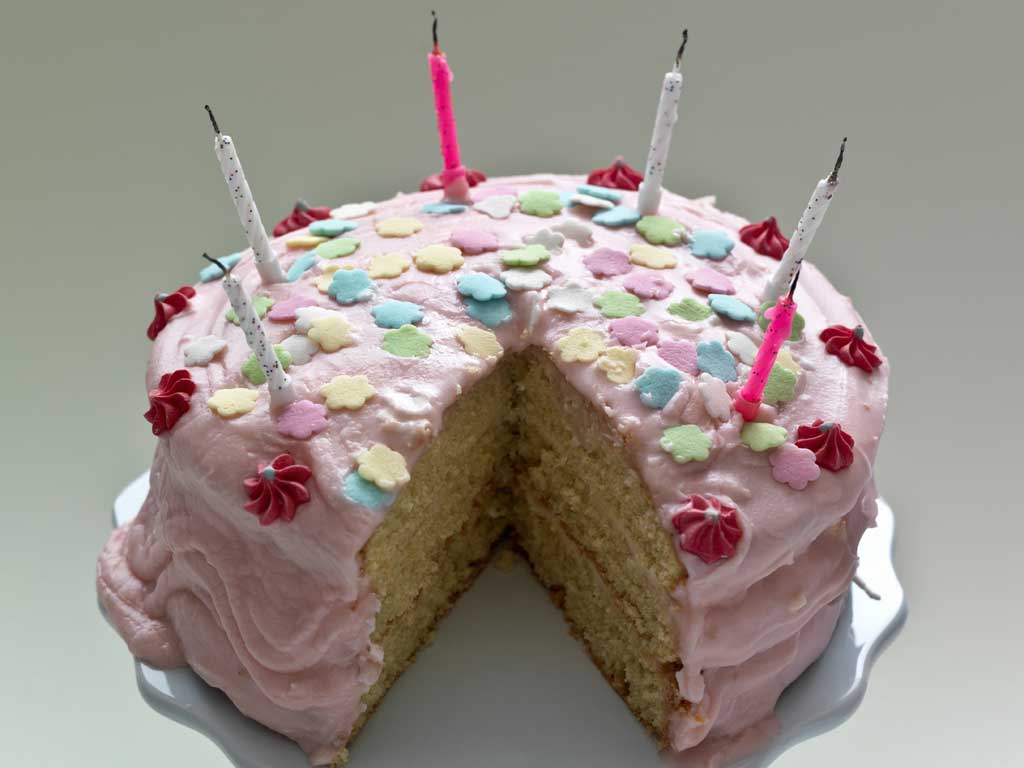Celebrate your big day as if it's your last... it may well be
A study of 2.4 million people suggests the chance of dying is higher on your birthday

Birthdays are a time for celebration. But, in truth, after a certain age few people greet yet another birthday with unconfined joy.
According to scientists, the flatness we feel at the passing of another year is the least of our problems. It emerges that we are 14 per cent more likely to die on our birthday, according to new research based on a study of more than two million people.
The authors of the study blame what they have called anniversary reaction hypothesis, or birthday blues, with stress playing a significant part. Causes of birthday deaths included heart attacks, stroke, cancer, falls and suicide.
"We concluded that birthdays end lethally more frequently than might be expected,'' says Dr Vladeta Ajdacic-Gross, who led the Swiss study, published in Annals of Epidemiology.
The researchers analysed 2.4 million deaths over a 40-year period. Results show there were 13.8 per cent more deaths on birthdays than might be expected compared with any other day of the year. The risk increased with age, with the figure rising to 18 per cent among the over-60s. Results for individual diseases show that there was an 18.6 per cent increased risk of dying from cardiovascular disease, including heart attacks, and a higher risk of up to 21.5 per cent for strokes. There was also a 10.8 per cent rise in deaths among people with cancer.
Among men, there was a 34.9 per cent rise in suicides, and a 28.5 per cent increase in accidental deaths.
There was also a 44 per cent rise in fatal falls on birthdays, with the risk increasing from about four days before a birthday.
The researchers say there are two competing explanations for the phenomenon. The postponement theory suggests that seriously ill people can somehow hold on until their birthday has passed, as they try to reach the milestone.
However, the researchers say this theory is not supported by their findings. They support the anniversary hypothesis, which maintains it is the event itself that is responsible.
In the case of heart attacks and strokes, for instance, stress may be to blame. Older people, in particular, they suggest, may feel exposed to stress on birthdays. The research indicates that hospital admissions for cardiovascular conditions occur more frequently on birthdays.
"It's a very interesting study," says Dr Lewis Halsey, a senior lecturer in environmental physiology at the University of Roehampton. "It's a great example of the value of super-large amounts of human data. Only with national-level statistics, carefully recorded over many years, can subtle patterns such as these significant increases in death rates on birthdays be uncovered.
"One interesting finding is that more suicides happen on birthdays, though only in men. The authors suggest that this increase could be related to more alcohol being drunk on birthdays. But perhaps men are more likely to make a statement about their unhappiness when they think people will be taking more notice of them.
"Or perhaps women feel that it is unfair on others who might be celebrating with them to put them through dealing with their suicide."
Join our commenting forum
Join thought-provoking conversations, follow other Independent readers and see their replies
31Comments